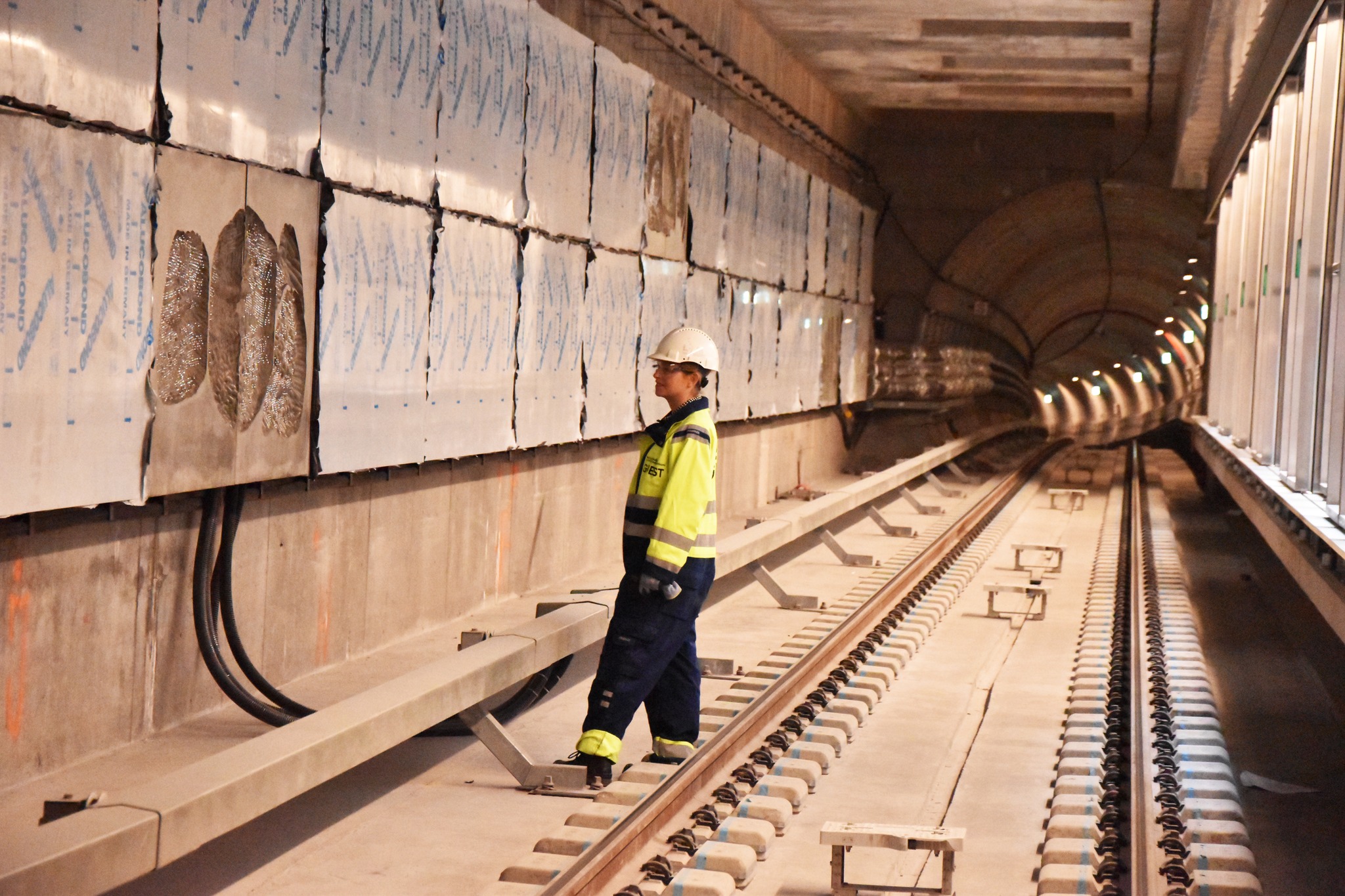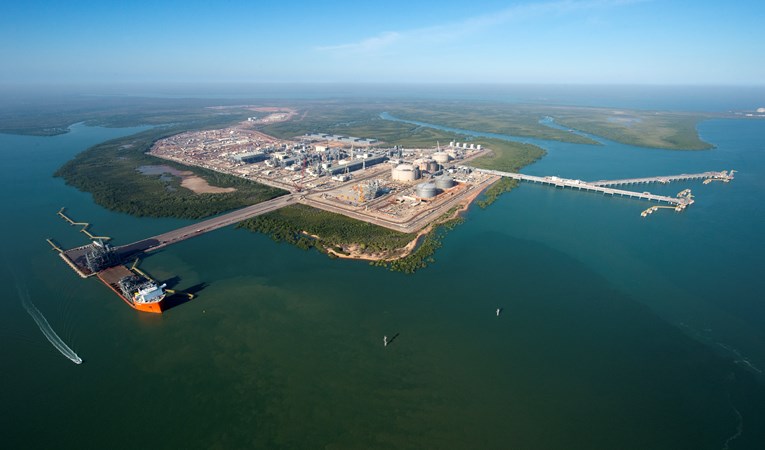Construction work across the Middle East has created a wealth of opportunity for consultancy firms that can deliver diversity in engineering. Ashraf Khalil, vice president and head of the Business Development Division at ECG Engineering Consultants Group, tells Andrew Pelis how the company has grown across a changing landscape for the past 41 years.
Despite the prolonged period of economic downturn across the Western world, the construction industry in the Middle East continues to thrive. Countries and emirates such as Egypt, Dubai and Abu Dhabi have embarked on a sustained period of development that has created 21st century infrastructure and attracted plenty of foreign investment to the region.
Of course, Egypt’s reputation for expert design and construction traces back thousands of years, so the resulting success of companies like ECG Engineering Consultants Group (ECG) comes as little surprise and has created a need for the Cairo-based company to seek larger premises.
As demand in the region has grown, ECG has expanded its range of speciality skills and can now offer its clients master planning, feasibility studies, project management, architecture and engineering designs, and construction management and supervision services on a variety of construction projects including buildings, power, water and waste water, oil and gas, transportation and urban development for mixed use.
ECG was formed at a time when Egypt was undergoing an extensive infrastructure upgrade, as Ashraf Khalil, vice president and head of the Business Development Division, explains. “The firm was established in 1969 and up to the mid-1990s as much as 95 per cent of our work was related to water and waste water in Egypt. A lot of the infrastructure was financed by international agencies and brought further development to the region, which enabled us to expand.
“Today we are headquartered in Cairo and have offices in Egypt and five other branches including Doha (in Qatar), Dubai and Abu Dhabi (in the UAE) and Khartoum (in the Sudan), while we are now creating a centre in Riyadh, Saudi Arabia. We are also in the process of re-opening our office in Damascus, Syria, as demand has picked up there too.”
Khalil is in no doubt that the real estate development boom that engulfed the area played a significant role in changing the shape of ECG and says that this was the primary reason for the company diversifying its services.
Away from water projects, one of the biggest recent jobs has been the construction of the three million square foot Smart Village along the Cairo-Alexandria desert road. It is Egypt’s first fully operational information technology cluster and business park, which is home to multinational and local companies; governmental and financial organisations; educational institutions; and research and development centres. The project involved ECG as master planners, designers, construction managers and supervisors and illustrates how widely the company has diversified.
“We have worked on lots of major projects and were involved in resolving the power shortage problem in Egypt last year,” Khalil relates. “The Egyptian government implemented a crash programme and together with an international contractor we helped to design two power plants, 1,000 and 500 megawatts, in six weeks, which required a lot of shift work but was delivered on-time and within budget, and met our strict quality criteria.”
The company’s attention to quality has contributed greatly to its long-standing relationships with the Egyptian government and contractors. Khalil says that ECG is ISO 9001 accredited and has implemented the same rigorous quality procedures across its whole scope of services. “Maintaining quality requires patience and persistence and we must remain strong to enforce these values. That is where our Quality Control department comes in—we have 20 employees focused purely on quality, who report directly to the president of the company.”
The company has also relied heavily on its computer systems and Khalil says that today the business runs a virtually paperless operation. “We have been using computers exclusively since the early 1980s and were pioneers for our approach back then. Today our systems are centralised and everything can be monitored across the different divisions, whether it is projects, proposals or safety measures.”
ECG invests heavily each year on continuous training of its 2,000-plus employees, which Khalil says in turn has helped to build a strong base of loyal customers. “Our human resources is our biggest expenditure, in particular our focus on training to maintain our high standards of quality,” he says. “This in turn generates repeat custom from our clients. In 2009 our turnover was EGP 350 million; last year we were able to surpass EGP 400 million. To achieve these figures, it is essential for our employees to have the best available skills and knowledge, so we run a lot of in-house training sessions and have a considerable training budget. We recognised a long time ago that the success factors in a consulting office are management and human resources.”
The figures endorse that belief and by the end of 2010 the company had completed construction projects with a combined value surpassing US$70 billion. While the economic climate has affected some aspects of the business recently, Khalil says that loyalty and diversified skills have sheltered ECG from the harsher effects of recession. “Real estate in Egypt has not been as affected, and some of our other sectors like power and oil and gas have provided reasonable growth. We currently have three very successful sectors in building, water and waste water, and industrial/oil & gas that offer exciting potential.
“In business development we also recognise the growing awareness (and marketing importance) of green buildings and have already completed the design of two LEED-designed buildings. We currently have five LEED-trained employees, with more on the way.”
ECG has now outgrown its corporate headquarters, which has resulted in the current search for a new location around Cairo. “We have to purchase the land first and will then construct a new site which will harp back to our earlier years when we had a restaurant on-site; it will also include a gymnasium for employees,” Khalil describes.
More immediately, the company is in the process of re-activating its licence to operate in Syria. The recent award of a construction management and supervision real estate contract has given ECG fresh impetus to re-enter the Syrian marketplace and Khalil hopes that the licence will be active by mid-June.
Add in the award last September of a contract to supply engineering services to Pirelli Tyre on its new Alexandria production line, and an agreement with Ebid Group Qatar that promises to strengthen ECG’s relationships in Qatar, and the New Year is set to be busy. “We have a target to achieve for 2011 that is 25 per cent larger than 2010 [in terms of turnover]. There are always ups and downs within our business but I can honestly say that it is a good time to be in consultancy,” Khalil reflects. www.ecgsa.com
DOWNLOAD
 ECG_FEB11_emea_BROCH_s.pdf
ECG_FEB11_emea_BROCH_s.pdf













